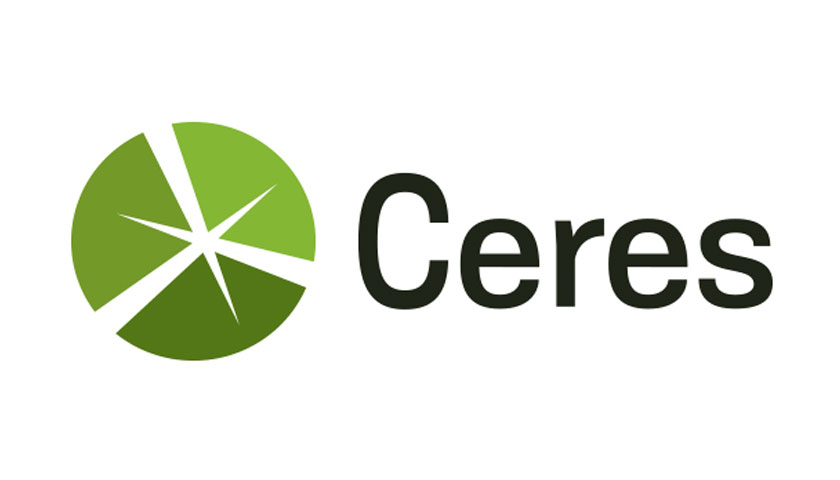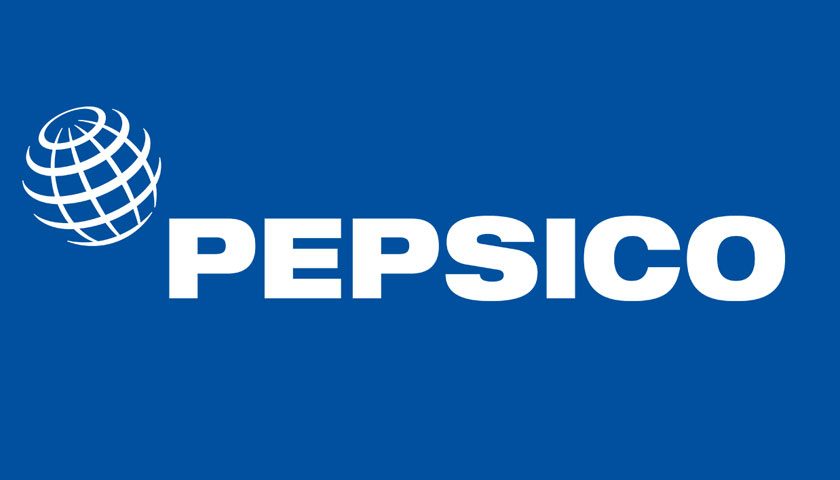The recent release of the United Nations’ Intergovernmental Panel on Climate Change (IPCC) represents the most comprehensive and conclusive “state of the science” on the climate crisis and highlights specific impacts expected in coming years including heat waves, droughts, flooding, hurricanes, intensified global water cycles, and more.
The report’s warnings of the dire impacts of climate change is a clear call that more action is needed and to be taken at an unprecedented scale and pace. It is also more important than ever that efforts be aligned and that organizations, public and private, increasingly collaborate in new and innovative ways to harvest solutions. A model of such collaboration has been the Beverage Industry Environmental Roundtable (BIER), which is a coalition of 15 global beverage companies working collaboratively with external stakeholders on environmental sustainability including addressing climate and global water issues. Celebrating its 15 year anniversary, BIER drives sector actions and alignment, stakeholder engagement and advocacy, and corporate leadership on business-relevant environmental dimensions including water, energy and greenhouse gas emissions (GHG), climate change and adaptation, circularity and recycling, and sustainable supply chains.
From water benchmarking across nearly 2,000 global facilities to maintaining a leading-edge water stewardship framework, BIER members have collaborated on numerous initiatives, each aimed at advancing sustainability within the beverage sector and beyond.
The most recent collaboration has been the 2020 launch of BIER’s innovative, first of its kind, watershed collaboration addressing shared water challenges in the Municipality of Tlajomulco de Zuniga, Jalisco Mexico. The project, Charco Bendito, involves a portfolio of watershed restoration actions to improve the region’s water quality and quantity. There are 9 food and beverage companies involved all willing to collaborate within a local competitive market: Key activities include planting native vegetation to increase groundwater levels and reduce soil loss, improving water infrastructure, and increasing awareness through local stakeholder engagement about the importance of water to healthy communities.
BIER’s mission is to advance the development of sustainable solutions through beverage industry-specific data collection, methodologies, standard-setting, best practice sharing, and thought leadership. BIER takes pride in open sourcing the organizations work to extend influence well beyond the member organizations as publication, guides, and toolkits are available to all seeking clear actionable guidance to minimize business impact.
Namely, BIER recently released the Context-Based Decision Guide for Water Reuse and Recycling aimed at accelerating internal conversations and decisions at the regional and facility level with regards to investments in advancing water stewardship.
Responding to the increasing need for business operations to address challenges related to water quantity, quality, and value from a context-based perspective, BIER and the World Business Council for Sustainable Development (WBCSD) co-developed a Water Circularity Metrics Tool and Guidance. The guide, also available in Spanish, aims to provide a practical methodology for businesses to adopt a common metric for water circularity at a facility and enterprise level. In adopting this metric, the intention is to highlight areas where water circularity can be improved.
As daunting as the recent IPCC report is and although the beverage sector has been recognized as being more proactive than others in managing water and climate issues, much remains to be done.
As 2021 continues to unfold, the following are our current focus areas.
Water Context & Circularity: Promoting the sustainable use and protection of water is a business imperative that BIER is founded on and its members work collectively towards continued leadership. The following are current focus areas:
- Updated BIER Water Stewardship Framework Definition
- Wastewater Recycling and Circularity
Carbon & Climate: As climate change awareness and concern continue to increase throughout the world, beverage companies are proactively driving strategies to reduce the greenhouse gas emissions associated with their enterprises and monitor changing physical and transitional conditions. The following are current focus areas:
- Updated BIER GHG Sector Guide
- Sustainable Coolers of the Future
- Decarbonization Playbook for Small/Medium Suppliers
Stakeholder Engagement & Communications: Being corporate leaders within environmental sustainability requires that beverage companies look beyond their own operations and engage with a wide range of stakeholders. Active stakeholder engagement and sharing work products have been and will always remain a mainstay of BIER activity. The following are current focus areas:
- BIER Benchmarking Study
- Mission-Focused Communications and Stakeholder Engagement



